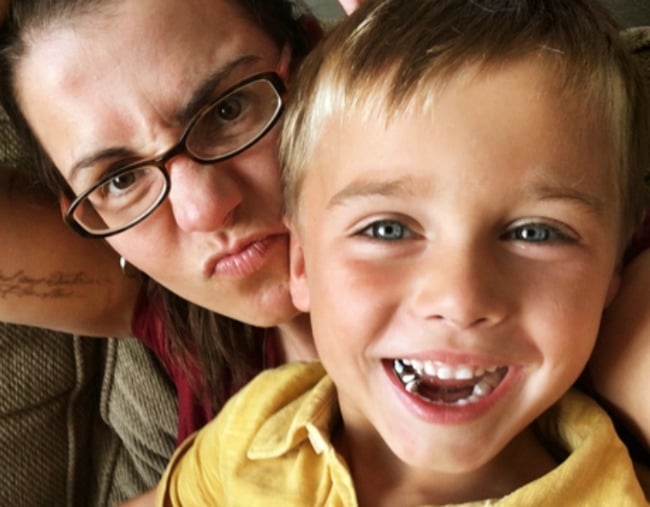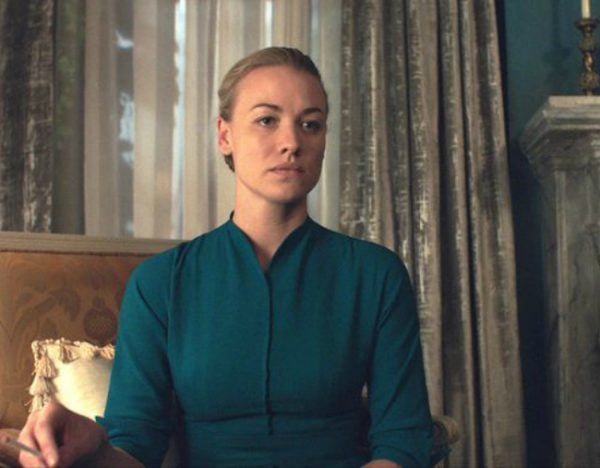
When Sally’s* best friend had to unexpectedly go into work on her day off, Sally offered to look after her son, James, aged two. She didn’t have a particularly busy day ahead, just running a couple of errands and an appointment at the IVF clinic to get the latest blood test results and pick up a prescription, jobs she could easily do with a small child in tow.
The expression on the face of Sally’s friend suddenly turned from grateful to concerned. “Well when you’re at the clinic, please make sure you keep a close eye on James. You know, all those childless women.”
Sally says she was angered – after all, wasn’t she one of those childless women? – yet not surprised. As a woman undergoing IVF, she’s quite used to being treated with fear and suspicion.
Ever since the first IVF baby was born amid fears of baby factories and clones taking over the world, there have been a million little ways women doing IVF have been made to feel like the enemy.
It’s that story told about a friend of a friend who knew someone who had a child snatched from a shopping trolley by a deranged but thankfully harmless childless woman. It’s a terrifying story from the USA about a young mother found dead with her child cut from her womb.
And it’s all those discussions about the whereabouts of missing British girl Madeleine McCann, and the inevitable shared hopes that she has been kidnapped by a rich childless couple, rather than a paedophile.
The demonisation of infertile women has largely gone unremarked – until now, when thanks to The Handmaid’s Tale, they are now being openly cast as pure evil.
The Handmaid’s Tale is freaking out women across the world: the misogyny; the violence; the realisation that we could be heading down the same path to Gilead. But for women trying to conceive, the series is particularly chilling.



Top Comments
Wow. I can't believe that someone would say that! If it helps the author any I can honestly say that I do not know of ever hearing anybody express that opinion about women enduring IVF!
I did not ever need to use IVF myself, but I am someone to whom pregnancy didn't come easily (due to PCOS). I used to cringe when I attended weddings where people would talk about planning to have kids straight away after, as I knew that there were plenty of people who would not be lucky enough to have kids on cue, and often the couples seemed a bit too oblivious to this fact. I have had friends who have had IVF (and were lucky enough to fall pregnant) and am well aware of the toughness of the process.
Obviously someone who is willing to put themselves through it is desperate for kids, but never in a million years would it cross my mind, or the mind of any reasonable person, that this in an average person would translate to someone snatching a child etc as the authors friend suggested! That's an unbelievable thing to think/ express!
That said, I do believe that IVF should be rebated, however I believe there does need to be an age related end point. That end point should occur at the age that doctors agree natural fertility for a typical person would end (Menopause). There should be medical professionals (not me!) making the judgement on what age that should be. Past that point it should not be funded, unfortunately no matter how desperate the potential mother (and father!) may be. As sad as it is to miss out on something we really really want past that point it becomes about the needs of the potential future child, and not the woman/ man's wishes.
I wish the author the very best in her journey and I really hope that her story has a happy ending. Her friend is gobsmacking, and either needs setting straight, or she needs to find a new friend.
Re ending it at menopause and needing to think of the needs of the kid - I think the basis (if anyone were ever to decide there should be a basis and I don't think there should be at present) should be on the medical odds or risks, as opposed to some judgement about the ages of parents affecting the needs of future children. Men can certainly father children at advanced ages and there's rarely a question about the needs of the children there. I'd rather a mother than really wanted me who was a bit (or a lot) older than a young mum who couldn't care less.
I hope Sally turned around and said, "you know what? I'm suddenly busy. Find someone else to look after your kid".
Exactly. Or just "I can't promise that. I'll be too busy dealing with trying to become not-childless myself. Here you go." And hand him back